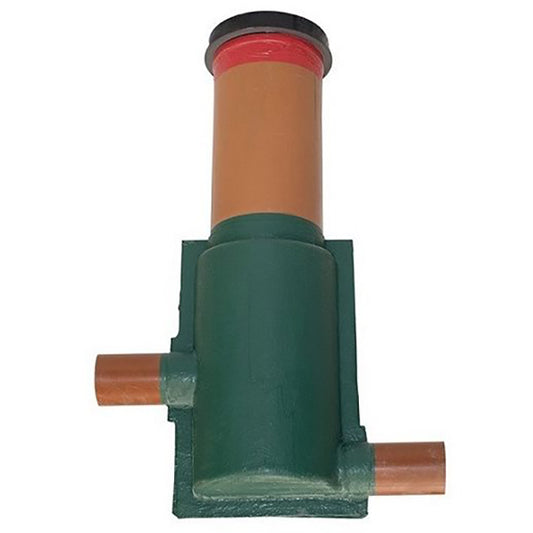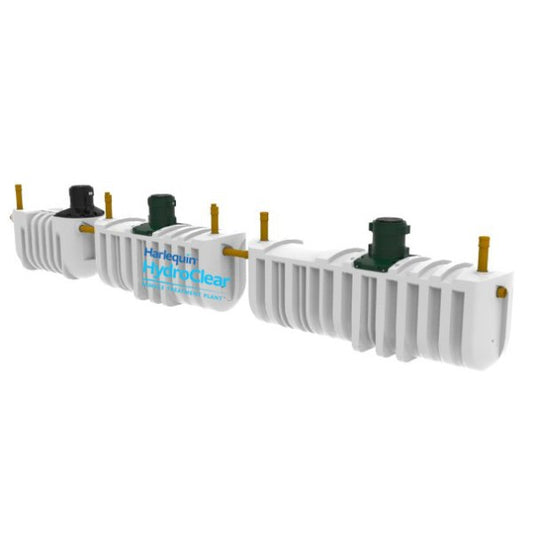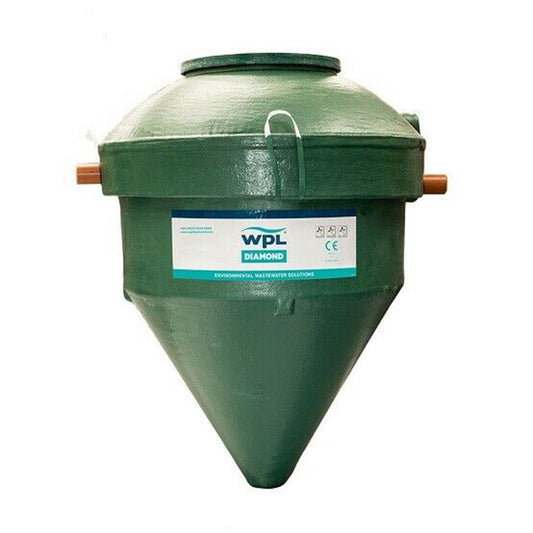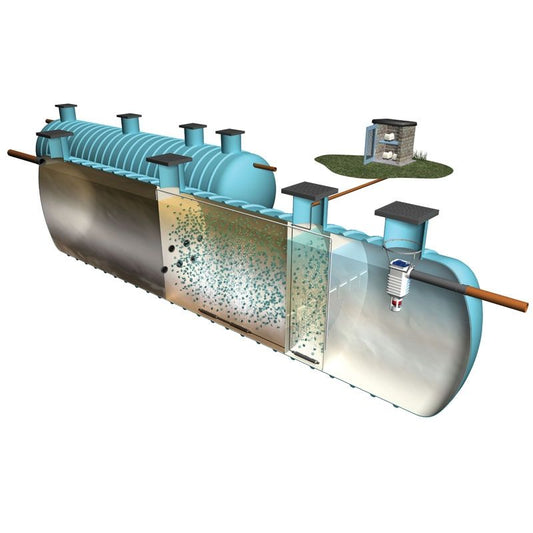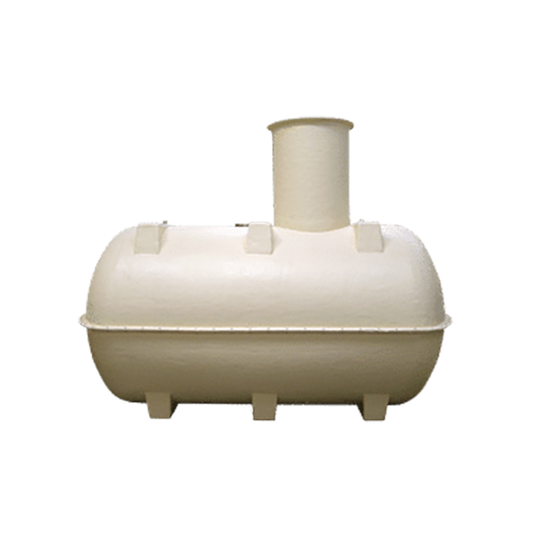In the last 60 years the start time of harvest has advanced by around a month - this year’s harvest was the earliest on record. But how are farmers coping with the changing UK climate and what improvements can you make to your farm to deal with such weather extremes?
Contents
How do earlier harvests indicate that the UK’s climate is changing?
This year, 69% of the winter barley crop in England, Wales and Scotland was harvested by 19th July. This is the earliest recorded harvest of recent times, the previous record was set in 2006. One of the problems farmers faced was that because overnight temperatures were so high, they needed to avoid the risk of fire and damage to the crop - the grain instead had to be cooled before it could be put in grain stores.
In the 50s and 60s harvesting usually began in August, this is in significant contrast to the mid-July start date this year - with harvests potentially running into September. This changing average time for the start of harvest over the last 60 years indicates just how quickly climate change is happening in Britain. In 2022, the temperature has been 2.6c higher than the long-term average.
How will climate change impact the UK farming industry?
Changes in the UK’s climate will, in the long term, have significant positive and negative impacts on agricultural production. Hotter weather and higher levels of CO2 may make growing some crops easier, or even allow us to produce new ones, such as sugar beet and leafy vegetables. However, with more droughts expected, water may not be as easy to access, making it harder for farmers to plan the growing season. Some crops we grow today may also be unsuited to these higher temperatures.
Equally, an increase in extreme wet weather will have a negative impact. Not having healthy, well-drained soil can lead to crop yields diminishing so it’s essential to keep soil in tip-top condition.
What are farmers doing to combat the impact of climate change?
More and more farmers are improving soil health to combat extreme weather and increase their farm’s resilience. Soil health can be dramatically improved by installing/maintaining a good land drainage system - this can also help protect soil to ensure wet spots and nutrient run-off doesn’t occur, damaging the soil. Land drainage can lead to an improvement in crop yields by as much as 150% depending on the condition of the land.
With drier summers expected farmers are also investing in ways to have better access to water. Currently, most farmers use piped mains water, with a sizable minority taking water from rivers and boreholes. To abstract water from rivers a special licence is required from the Environment Agency though and there is a risk this can be rescinded during droughts. As a result, more farms are starting to invest in the creation of private reservoirs, although this can be extremely costly.
Other popular solutions farmers are adopting to ensure their livestock are fed and their crops are watered during drier periods include rainwater harvesting and irrigation systems.
Farmers have taken other positive actions to future-proof their business including the installation of additional livestock housing with good ventilation, investment in vertical farming and risk-spreading through expanding the diversity of their crops and enterprises.
Diversification of farmland is becoming more and more prevalent, with 62% of UK farms now reporting to have some form of diversification in place. Diversification is a great risk management strategy, especially in current uncertain times due to climate change, and other political factors.
How can we help?
We can help you improve your soil health with our many surface water drainage solutions, such as land drainage, twinwall and culvert pipe.
If you are looking at keeping water for your livestock to help in a drought or to water your crops, then a water tank could be the solution for you. We supply both galvanised steel and plastic water tanks, both having a long-life span and the capacity to hold vast quantities of water.
If you are thinking about diversifying your farmland, whether you’re erecting a new building or transforming an old one, or even using your land for camping, sewage treatment is essential when access to the mains isn’t possible. Here at Cotterill Civils we install both small and large-scale sewage treatment solutions, such as sewage treatment plants, septic tanks, pumping stations and cesspools.
You may also need someone to construct any building or do the groundworks, our sister company, Cotterill Contractors, specialise in groundworks and farm building construction. Whether it be a concrete yard, a steel framed building or installing large-scale sewage, drainage and stormwater solutions, they’re the perfect people for the job.
Whatever method you take to protect your farm, we can offer you a tailor-made solution, give us a call on 0121 351 3230 to speak to one of our experts today.
Alternatively, fill out our enquiry form:







